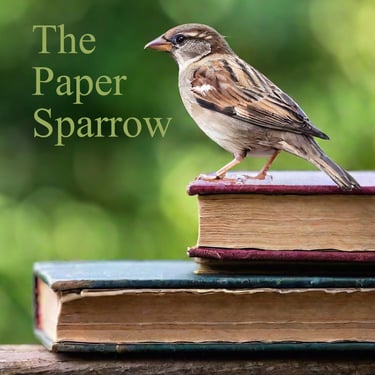AI vs Human Narration
Does speed listening change the game?


I love human audiobook narrators. A great voice actor can pull you into a story, capture a character’s quirks, and make you feel like you’re right there in the moment. Some narrators are so good I’d happily listen to them read the phone book.
But here’s the thing: a surprising number of audiobook listeners never hear those nuances. Why? Because they’re listening at 1.5x or even 2x speed. When everything is sped up, the subtleties of pacing, tone, and delivery get flattened. The performance becomes less about art and more about efficiency.
That raises a provocative question: if many listeners are racing through books at double speed, does it really make sense to spend thousands on a human narrator?
This is where AI narration makes sense, however controversial. I’ve produced audiobooks using AI voices, and while I was nervous at first, the feedback has been better than I imagined. Readers (or should I say listeners) have given them four and five-star ratings. Clearly, the story still shines, even without a human voice behind it.
Don’t get me wrong, there will always be space for the artistry of professional narrators, especially in genres where performance adds layers of meaning. But for fast-paced genre fiction, where many listeners crank the speed and devour the plot, AI narration can deliver a satisfying experience at a fraction of the cost. We're talking $3-5 here, versus $25, which if you're a whale reader, is a serious saving.
So, I’ll leave you with this thought: if you’re listening at double speed, what matters more, the narrator, or the story itself? If you're undecided, why not grab Break Down for FREE on Curios and see if it’s for you.




